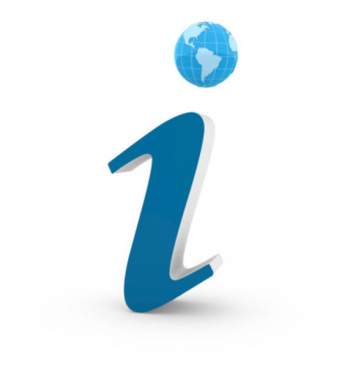
Facts About E-books

Popular In Library
E Book Library Of Congress Library Of Congress Authorities Hours Of Operation Library Of Congress Library Of Congress Classification System Library Of Congress Catalogue Google Books Novels Books Online Cheap Books Library Of Congress Photos Library Of Congress Copyright Library Of Congress Thomas
E-book is the abbreviation for an electronic book that is readable on personal computers, some mobile phones and specialized e-book readers. These books are usually electronic versions of a printed book but can sometimes be exclusive to electronic mediums. In addition to several vendors, US libraries are now able to provide free e-books to borrowers.
What is Project Gutenberg?
In 1971, Michael S Hart created the first eBook by typing the Declaration of Independence into electronic form. Since then, volunteers and several organizations under the name Project Gutenberg have created a library of over 36,000 digital books in plain text, html and .pdf formats. The computer that composed the first Project Gutenberg document was one of the first fifteen computers that would form the Internet. Since then, eBook scanning technology has improved which has made manual transcription from print to electronic less common.
Is there a standard format for E-books?
In short, no. Although many eBooks are in either HTML or .pdf formats, many others come in company or program specific formats. For example, Amazon.com’s popular Kindle eBook reader uses eBooks in the .azw format. This ensures compatibility with its reader and prevents unauthorized usage by individuals without a Kindle. Often specific software is required to read these formats and each format supports different features such as Digital Rights Management (DRM) to prevent piracy and interactivity.
What are some popular e-book readers?
Several technological giants and bookstores have developed E-readers to keep up with changing market conditions. Some of these readers are multifunctional personal computer tablets while others serve the only purpose of displaying e-books. Since their release many of these readers have been redesigned with features such as longer battery life, wireless internet and higher capacity storage.
- Amazon.com – Kindle
- Sony - PRS-500
- Barnes and Noble – Nook
- Apple – iPad
- Kobo Inc. – Kobo eReader
How do e-books compare against “regular books”
E-books represent a growing market share of readable media and in some markets have begun to out-sell traditional print books. E-books have the advantage of near eternal availability and benefit from titles before 1900 becoming public domain. The lack of a physical form makes eBooks cheaper than conventional books, although many avid readers tend to prefer the tactile feel of a physical book. Also, for most sellers, eBooks can be re-downloaded if they are ever lost. The major drawbacks for eBooks are the variety of proprietary formats that prevent compatibility with other devices and tie the availability of the book to one or few controlling interests. Also, e-book readers are far more fragile than conventional paper and cardboard books.


















